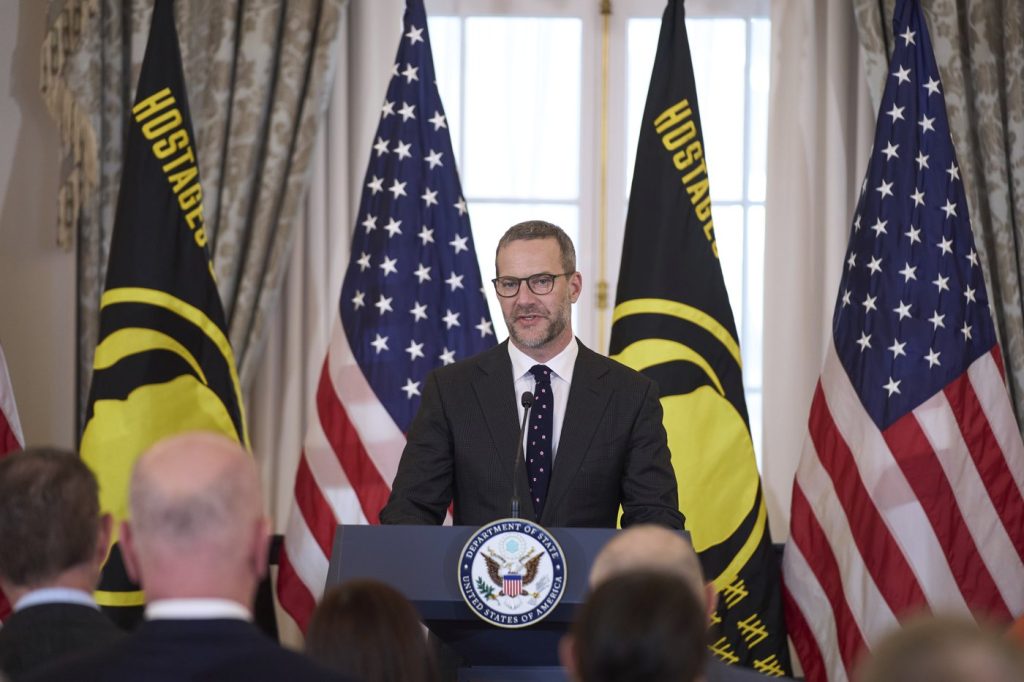Adam Boehler, nominated by President Donald Trump to serve as special envoy for hostage affairs, has opted to withdraw his nomination. His decision is primarily aimed at avoiding the need to divest from his investment business, although he will continue to engage in work related to hostage issues, despite not receiving Senate confirmation. This information was confirmed by a senior White House official who wished to remain unnamed.
Boehler played a significant role in securing the release of Marc Fogel, an American history teacher who was wrongfully detained by Russia. According to the official, Boehler will still focus on hostage negotiations for the Trump administration in a capacity as a special government employee. This designation allows him to operate under less strict ethical and financial disclosure standards than regular government employees.
His recent direct negotiations with Hamas have stirred some controversy, particularly as the Trump administration is trying to extend a ceasefire in Gaza. Israeli Prime Minister Benjamin Netanyahu's office has been clear in expressing its stance regarding U.S. discussions with Hamas, as indicated in a statement released by the office. The ongoing dialogue between the U.S. and Hamas centers on potential hostage-for-prisoner exchanges and the extension of the ceasefire.
Despite the controversies and the withdrawal of his nomination, Trump maintains confidence in Boehler's capabilities. As the founder and managing partner of Rubicon Founders, a health-care investment firm, Boehler has a background in healthcare management and has previously served in the Trump administration. He was notably the director of the Center for Medicare and Medicaid Innovation and played a key role as a negotiator on the Abraham Accords.
Special government employees like Boehler are typically appointed for a duration of up to 130 days, allowing them to serve with a degree of flexibility not afforded to standard appointees. This makes Boehler the fourth Trump administration nominee who did not advance to a confirmation hearing, highlighting the challenges faced by some of the administration's selections.
In a related context, Dr. David Weldon's nomination to lead the Centers for Disease Control and Prevention was also withdrawn recently. This decision was influenced by uncertain support among Republican members for his confirmation. Other notable withdrawals include former Representative Matt Gaetz, who stepped back from consideration for the attorney general position, and Chad Chronister, who withdrew his nomination for the Drug Enforcement Administration.
This situation underscores the complexities within the Trump administration related to appointments and confirmations during this period. As Boehler continues his work, the dynamics surrounding U.S. hostage affairs and international negotiations will likely remain a topic of interest for both political analysts and the public.










